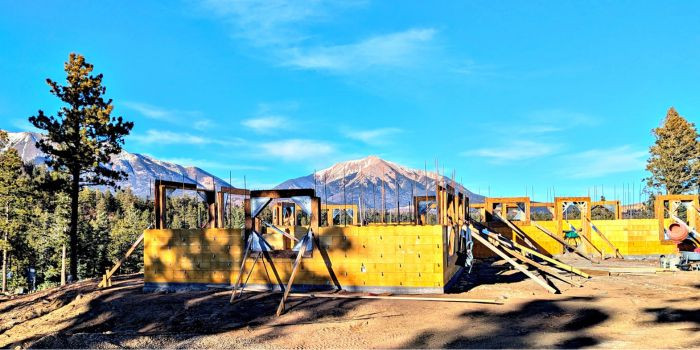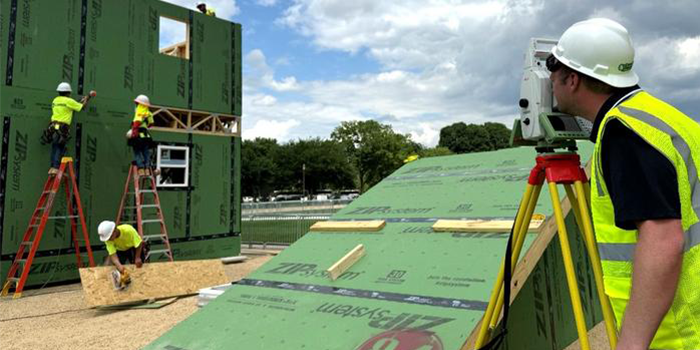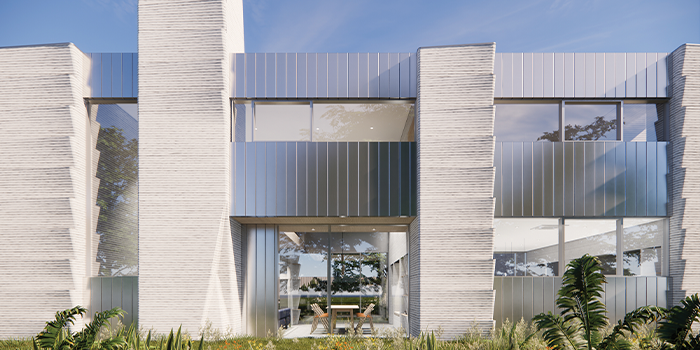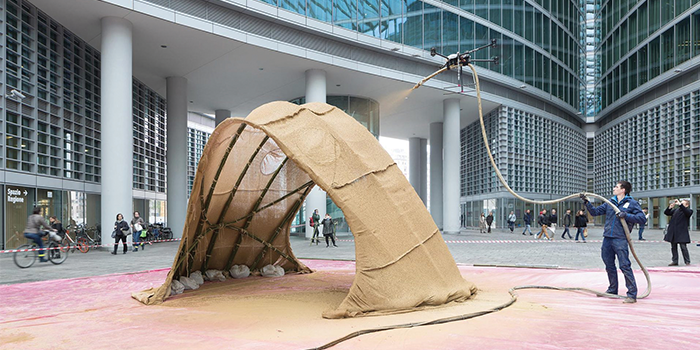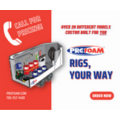Aquatic Eco Living
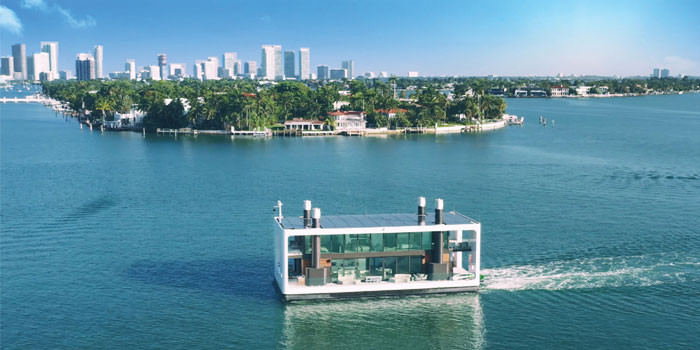

Spray Foam Magazine – Spring 2021 – Images of canals in Holland, rivers in England, or the Keralan rice barges in Southeast Asia spring to mind when thinking of a traditional houseboat. The team at ARKUP, whose ethos is ‘avant-garde life on water,’ has taken a traditional concept of the houseboat and transformed it into something new and exciting. How did SPF have a role in the build of these million-dollar floating eco-villas? The Spray Foam Magazine team put on our white pants and sunglasses and headed to Miami to find out.
Co-founders of ARKUP, Arnaud Luguet, who is both Dutch and French, and Nicolas Derouin, who is French, have a wealth of maritime and engineering experience between them. Arnaud has 20 years of experience in the energy industry with a degree in engineering, and is also a certified general contractor. Nicolas is an engineer, holds a Coast Guards captain license, and is also a PADI divemaster.
Arnaud and Nicolas wanted to find a living solution to the problem of rising sea levels and urban growth, enabling people to adapt to energy independence. Their vision and mission was to combine a vessel that incorporated renewable energies, like solar powered livable yachts, with innovative spatial design. An off-grid home between the sea and a metropolis. They specified spray polyurethane foam (SPF) in their very first vessel, also named ARKUP, due to its great insulation value, great moisture resistance, air barrier qualities, and structural ability.
The French team of designers at ARKUP based their art-de-vivre designs on the original concept of Dutch floating houseboat technology. They then added the additional advantages of stability, mobility, larger living spaces, and being fully solar electric and energy-efficient materials like SPF. They also equipped their vessels with rainwater harvesting and a purification system. A buyer of a vessel also has the opportunity to custom design their houseboat, with each vessel being built according to the ABYC and U.S. Coast Guard’s recreational vessel standards.
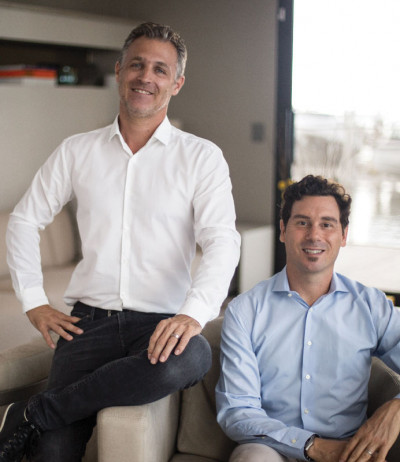
Arnaud Luguet and Nicolas Derouin, co-founders of ARKUP. Their team chose spray foam insulation over other insulations due to its structural ability to withstand sagging.
SPF was installed on a vessel located at Star Island in Miami with Icynene’s ProSeal closed-cell foam (all the ProSeal products–ProSeal, ProSeal HFO, ProSeal LE–are now under Huntsman Building Solutions) being applied. The foam was sprayed on a steel and wood substrate, under the roof, on all exterior walls and under the floor of the around 6,000 sq. ft. vessel with between two inches to six inches sprayed in relevant areas. It took the crew of two sprayers from Santa Rosa Insulation in Miami two days to complete the project.
ARKUP chose SPF over any other insulation due to its abilities not to sag and absorb moisture. The ARKUP vessel has two Azimuth electric thrusters to move the vessel at speeds of as much as 5 knots. The thrusters rotate 180 degrees and are combined with a bow thruster for ease of navigation and maneuverability. Enabling this beautiful vessel to glide through the water in all its splendor. This livable yacht is elevated above water by four hydraulic spuds making it feel as stable as a house on land. The design has a feeling of tranquility, with the illusion the sea and sky merging into each other. With floor-to-ceiling windows and oversized terraces, the occupant really feels at one with their surroundings, wherever they choose to float too.
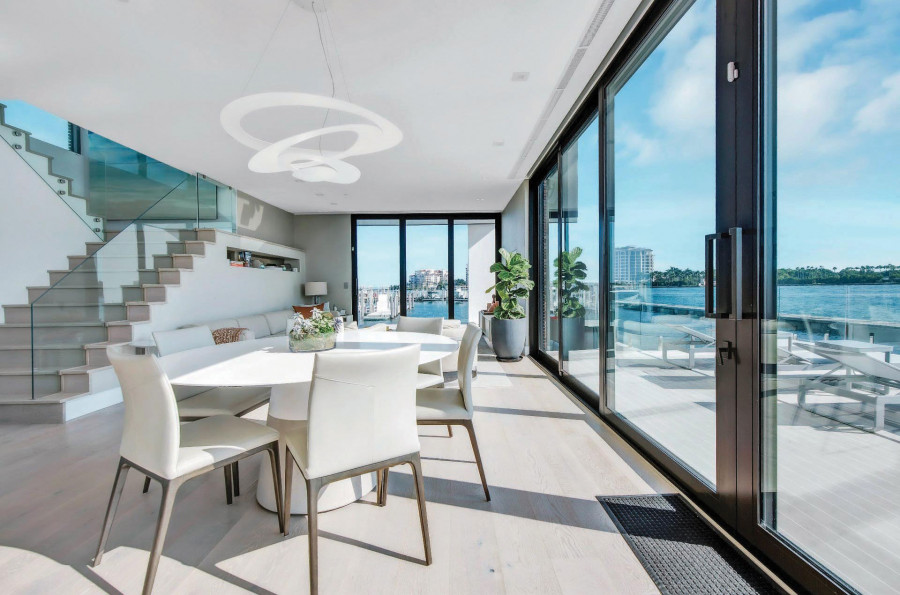
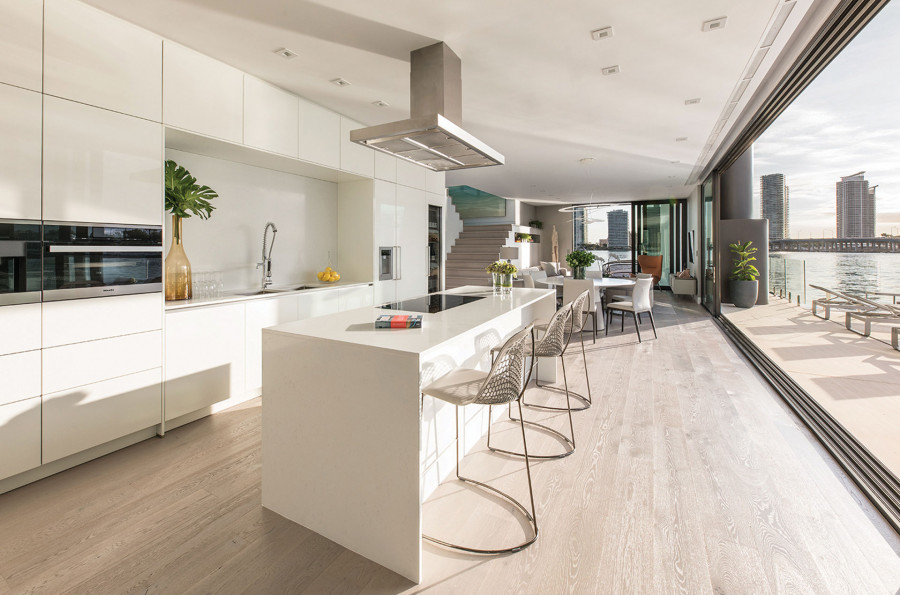
The ARKUP has four bedrooms, 4.5 bathrooms, a kitchen, living room, laundry and plenty of storage. With numerous terraces, including a retractable terrace where the kitchen’s sliding windows can be opened onto this vast terrace. Again, bringing the inside outside and enabling the occupants to appreciate both living and outdoor spaces.
The furniture was made by Artefacto, a furnishing company specializing in modern, renewable and natural fibers.
In closing, Nicolas reiterated the importance of their vessels design and company philosophy, “ARKUP’s concept is very relevant in our modern-day climate, as it showcases the ability to live off-the-grid and be resilient to extreme weather events and it provides an alternative for coastal cities and dwellers to tackle sea-level rise and continue their expansion by developing floating real estate.”
Arnaud adds, “Self-sufficiency is important to us because it allows our customer to produce their own electricity and collect their own water without releasing any CO2 in the atmosphere and without creating any wastes.”
Spray foam insulation is appearing in some inspiring, and even self-sustaining designs and concepts both on and off the water. This is due to architects and designers being increasingly aware of its great R-value, ability to seal the envelope and in the maritime industry a great moisture preventer as well as to assist with flotation. ARKUP did not use the foam for its flotation properties on this particular project but intends to do so on future vessels.
Energy-efficient materials, like spray foam insulation, are proving to not only capture the concepts of designers and architects on land but also rule the waves too.
Disqus website name not provided.



